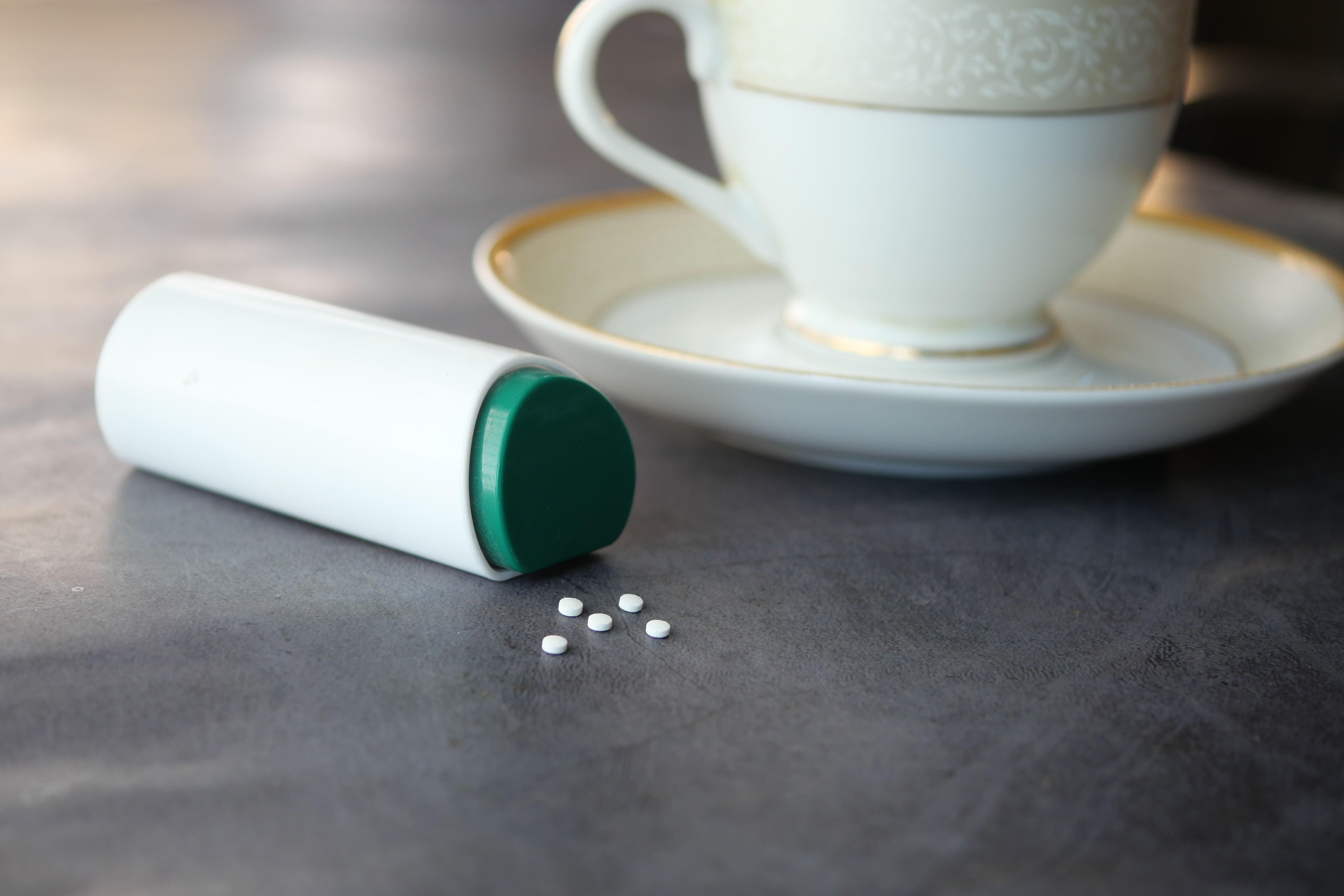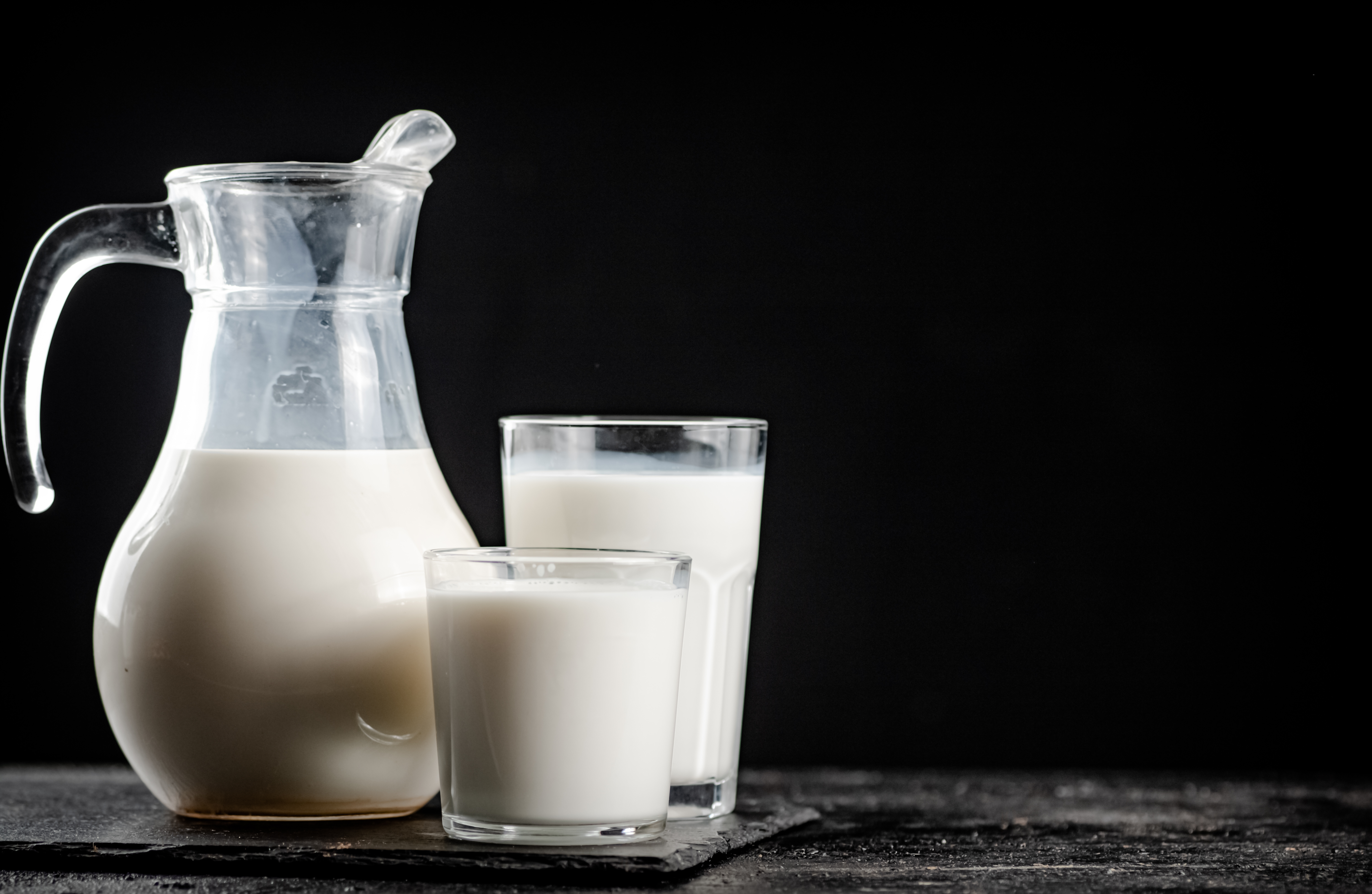Why You Feel Bloated After Every Meal
3. Dairy Products: The Lactose Intolerance Factor
Lactose intolerance is a common condition where the body lacks the enzyme lactase, necessary for breaking down lactose, the sugar found in milk and dairy products. This undigested lactose can ferment in the gut, leading to bloating, gas, and discomfort. If you suspect lactose intolerance, try eliminating dairy for a period to see if symptoms improve. Alternatively, lactose-free products or lactase supplements can help you enjoy dairy without the bloating. Incorporating calcium-rich, non-dairy alternatives like almond milk or fortified soy products can also ensure you meet your nutritional needs without the bloating.
4. Artificial Sweeteners: The Unseen Additive

Artificial sweeteners, such as sorbitol and xylitol, are often used as sugar substitutes in sugar-free and diet products. While they can help reduce calorie intake, these sweeteners can be poorly absorbed in the small intestine, leading to fermentation by gut bacteria and subsequent bloating. To avoid this, check labels for these sugar alcohols and limit their consumption, especially if you notice bloating after consuming sugar-free products. Opt for natural sweeteners like honey or maple syrup in moderation, and focus on whole, unprocessed foods to minimize the risk of bloating from artificial additives.
